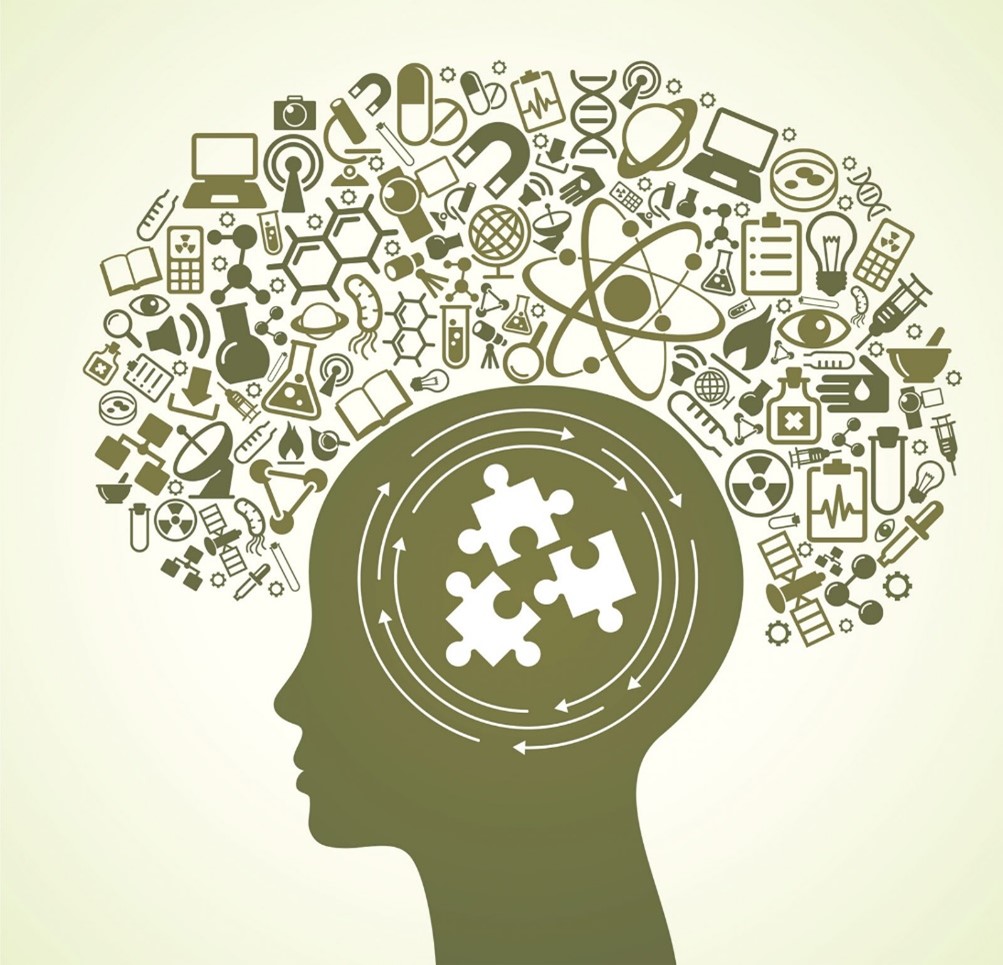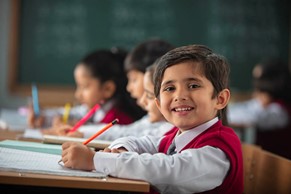The International School of Bombay continues to reaffirm the ethical and moral development of its students, and lively discussions focusing on values evolve naturally from our curriculum.
In our school, we prioritize student-centered pedagogies that foster active learning and critical thinking. This includes inquiry-based learning, where students explore topics through asking questions and investigation. Collaborative learning methods are also emphasized, promoting teamwork and communication skills. Differentiated instruction ensures that each student’s unique learning needs are met.
Culturally responsive teaching acknowledges and respects the diverse backgrounds of our students, creating an inclusive learning environment. Lastly, we emphasize assessment for learning, providing timely feedback to guide students in their learning journey.


Nursery and Kindergarten, are play-based, focusing on the students’ multiple intelligences and encouraging creative thinking. A day in the life of a Pre-Primary student involves much free play, both indoors and outdoors, as well as a structured timetable involving numeracy and literacy classes. Indoor free play is based around a series of activities such as drama, sensorial learning and an art and discovery hour among other activities.
Play led activities of the lil’ ISBians fosters the brain – body connect which plays a vital role in enhancing neuromuscular coordination.
Children, in this age group, exhibit a wide range of new physical skills, lots of energy and an increasing awareness of right and wrong. Additionally, students are introduced to higher-level thinking and application-based problem sets that stimulate the development of their critical and analytical skills. The Primary School curriculum focuses on the spirit of exploration and acquiring sound language skills, clarity of mathematical concepts through data collection and interpretation, and understanding of scientific phenomena via observation, experimentation and inference. Learning is enriched by a number of extracurricular activities such as drama, storytelling, poetry, music, modules, discussions and a wide range of artistic activities.
Our young ISBians are now a pre-teen and now poised for major transition as they stand on the cusp of adolescence. In many ways, they can still be considered children but are becoming much more independent. They are very social as this is a way to assert their independence. They are ready to face more academic challenges, take a leap forward in sports, can put their ideas in writing and enjoy being with their friends more.
Thus, our Middle school programme is structured to meet the growing ISBians varied and varying intellectual needs of the ISBians. We bring in more group work, higher problem-solving challenges, community outreach activities, connecting academics to kinesthetics – mapping out pedagogy to their developmental needs.
While our teen ISBians transit through important social, emotional and physiological changes, they are trying to find their own identity too. Therefore, our learning approach in secondary school is project based and experiential that establishes them as creative and independent learners in school years and beyond. At this level, some of the approaches adopted would include inquiry-based learning to motivate students to reflect and research widely and appreciate a curriculum that follows an interdisciplinary approach.
TISB would follow an assessment system, which is a school – based evaluation of a student and covers all aspects of a student’s development. It means regularity of assessment, frequency of unit testing, diagnosis of learning gaps, use of corrective measures, retesting and feedback of evidence by teachers to students for their self- evaluation.